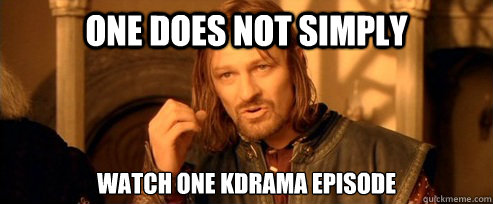 |
| Via The Drum |
At the beginning of the new year, ‘hashtag’ was voted as the word of the
year 2012 by the American Dialect Society. The word of the year is chosen according to its prominent occurrence in the traditional and new media. According to Ben Zimmer, a committee member of the Society, 'hashtag' was most memorable due to its widespread use on Twitter and its role in creating online trends. Apart from the 'word of the year', the Society also voted for words of 2012 in categories such as 'most useful', and 'most euphemistic'. Here's a list of the winning words of every category:
- Word of the year: hashtag – a word or phrase preceded by a hash symbol, used on Twitter to mark a topic or to make a commentary
- Most useful: -(po)calypso, -(ma)geddon – hyperbolic combining forms for various catastrophes
- Most creative: gate lice – airline passengers who crowd around a gate waiting to board
- Most unnecessary: legitimate rape – type of rape that Missouri Senate candidate Todd Akin claimed rarely results in pregnancy
- Most outrageous: legitimate rape – see meaning above
- Most euphemistic: self-deportation – policy of encouraging illegal immigrants to return voluntarily to their home countries
- Most likely to succeed: marriage equality – legal recognition of same sex marriage
- Least likely to succeed (two winners): phablet – midsized electronic device between a smartphone and a tablet; YOLO – acronym for ‘You Only Live Once,” often used sarcastically or self-deprecatingly
- Election words: binders (full of women) – term used by Mitt Romney in the second presidential debate to describe the resumes of female job candidates that he consulted as governer of Massachusetts
 |
| Via The Telegraph |
What I particularly like about this word list (click here for the full list) is that it gives a nice reflection of the social and cultural trends in that year (obviously it's a bit biased because of its Americanisms). Also, these kind of lists tend to offer good insight into word formations of new (slang) words. Most new
words tend to be created with reference to popular culture: Gangnam Style (Korean pop song which makes fun of a rich district (Gangnam) in Seoul); Gray
Thursday (name for Thanksgiving as a shopping day before Black Friday), Frankenstorm (term for hurricane Sandy alluding to monster of Frankenstein).
Other words are invented through a process called blending: meggings (male + leggings), phablet (device inbetween a smartphone and tablet), acronyms: YOLO (You Only Live
Once), MOOC (massive open online course), alluding to characteristics of (well-known) people: Eastwooding (actor Clint Eastwood), Obamaloney (president Barack Obama), Romnesia (Mitt Romney), and shortening of
words: feels (for 'feelings'), and cray-cray (for 'crazy').
- Hate-watching: continuing to follow a television show despite having an aversion to it
- Dunlop effect: when one’s stomach protrudes over ill-fitting pants (“belly done lop over the belt”)
- Dancelexia: inability to pull of dance moves
- Big data: large collections of digital information used for revealing behavioural insights (this would be a great term to put into my thesis)


